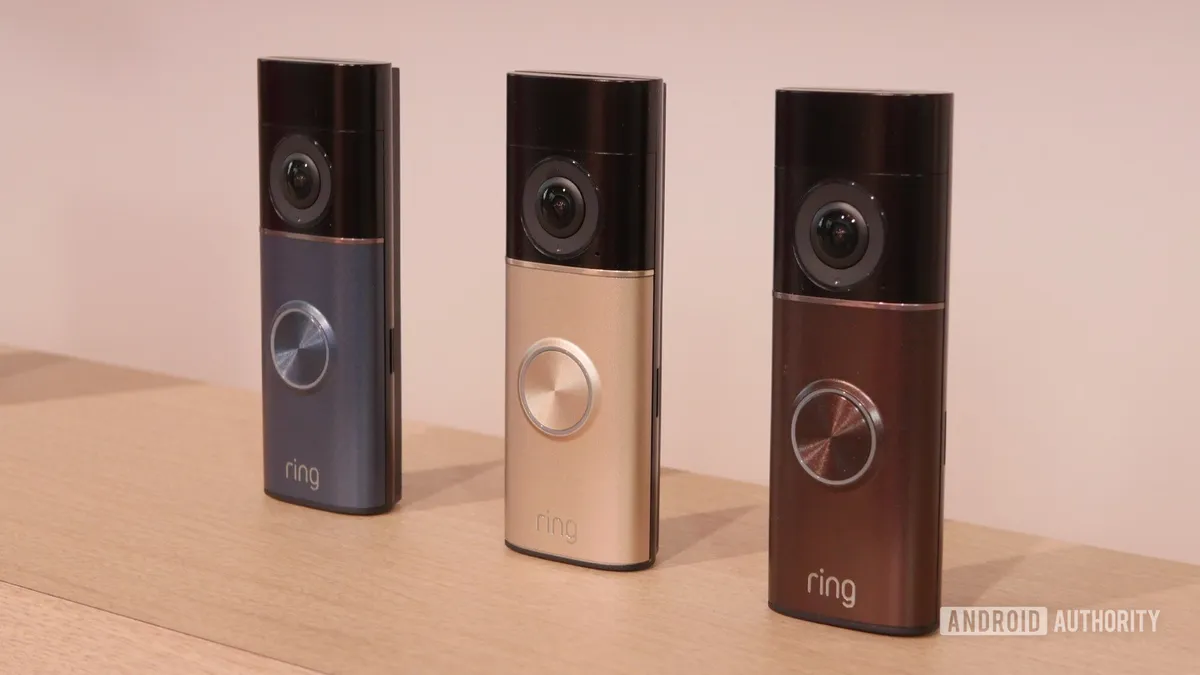
Amazon has recently announced a new facial recognition feature called “Familiar Faces” for its Ring cameras and doorbells. Despite not yet being launched, this feature has already sparked significant controversy among both Ring users and the general public. Concerns surrounding privacy, security, and potential legal implications are at the forefront of discussions regarding this innovative, yet contentious, technology.
The Familiar Faces feature enables users to tag individuals using facial recognition technology. This means that when familiar faces, such as neighbors, friends, or delivery personnel, approach your door, you will receive personalized notifications. Additionally, users will have the ability to quickly access recorded footage of these tagged individuals through the Ring app. This capability allows your Ring camera to recognize and recall faces you’ve labeled, thereby enhancing your home security experience.
Scheduled for rollout in December, the Familiar Faces feature will only be available to users who subscribe to the Ring Home Premium plan, and it will be turned off by default.
The excitement surrounding the Familiar Faces feature is overshadowed by privacy concerns, as many people are apprehensive about the implications of being filmed without their consent. A spokesperson from Ring noted that users are responsible for adhering to any applicable state laws regarding facial recognition, a statement that raises questions about the legal gray areas involved. This ambiguity could lead individuals to inadvertently violate laws regarding consent.
Moreover, individuals who do not own Ring cameras might still find themselves captured in recorded footage, which raises significant ethical concerns. In response to these issues, Amazon has stated that the Familiar Faces feature will not be available in states like Illinois, Texas, and Portland, Oregon, where strict laws prohibit the collection and storage of facial data without explicit consent.
There is also increasing anxiety about how sensitive facial recognition data could be compromised, misused, or improperly accessed by law enforcement. Ring has previously faced backlash over privacy issues, including reports of hacked home cameras and allegations that employees have viewed private footage without consent. These incidents have left many users skeptical about Amazon’s ability to handle such sensitive data safely.
While Ring faces criticism for its new rollout, it's important to note that Google’s Nest cameras already incorporate a similar facial recognition feature. However, newer models of Nest cameras store facial data locally on the device instead of uploading it to the cloud, and this data is encrypted for additional security. This distinction has led many users to question whether Amazon can responsibly manage the sensitive data involved with the Familiar Faces feature.
The introduction of Amazon's Familiar Faces feature for Ring cameras is a significant development in home security technology. However, the backlash surrounding privacy, legal, and security concerns cannot be overlooked. As the rollout approaches, both Ring users and the general public will be watching closely to see how these issues unfold and whether Amazon can address the growing concerns effectively.